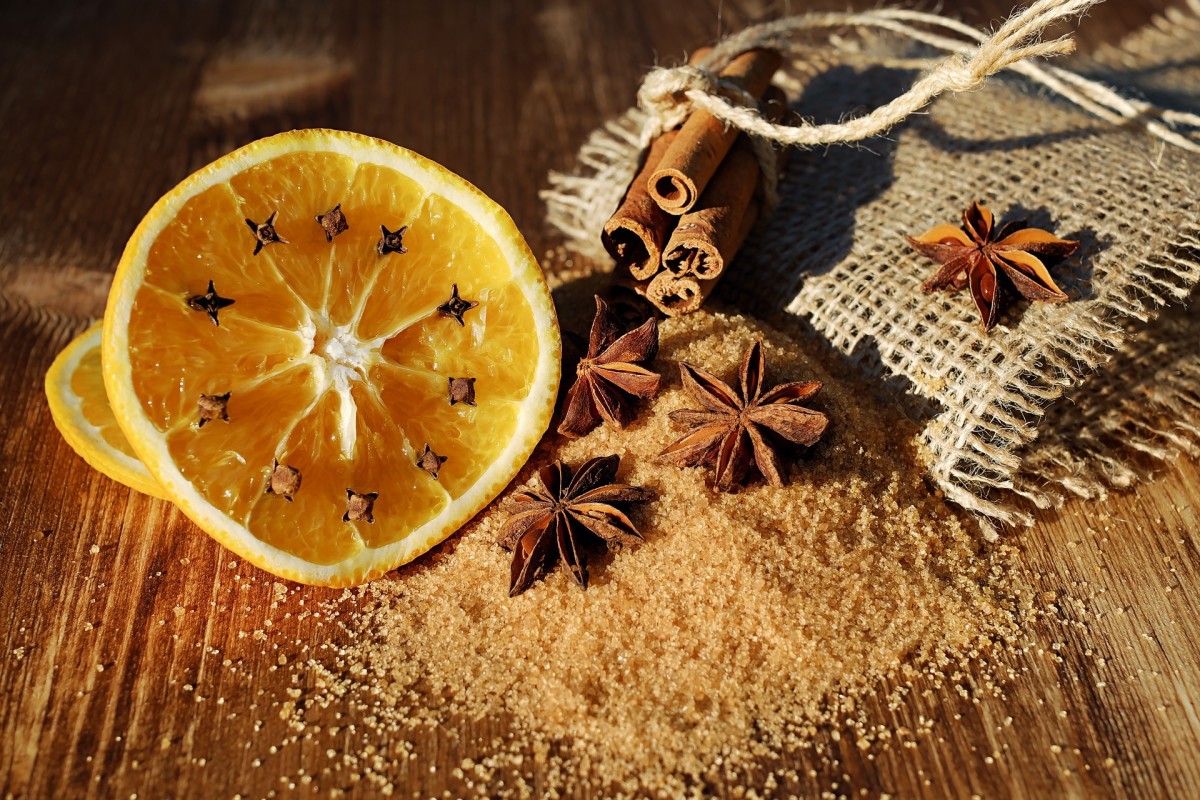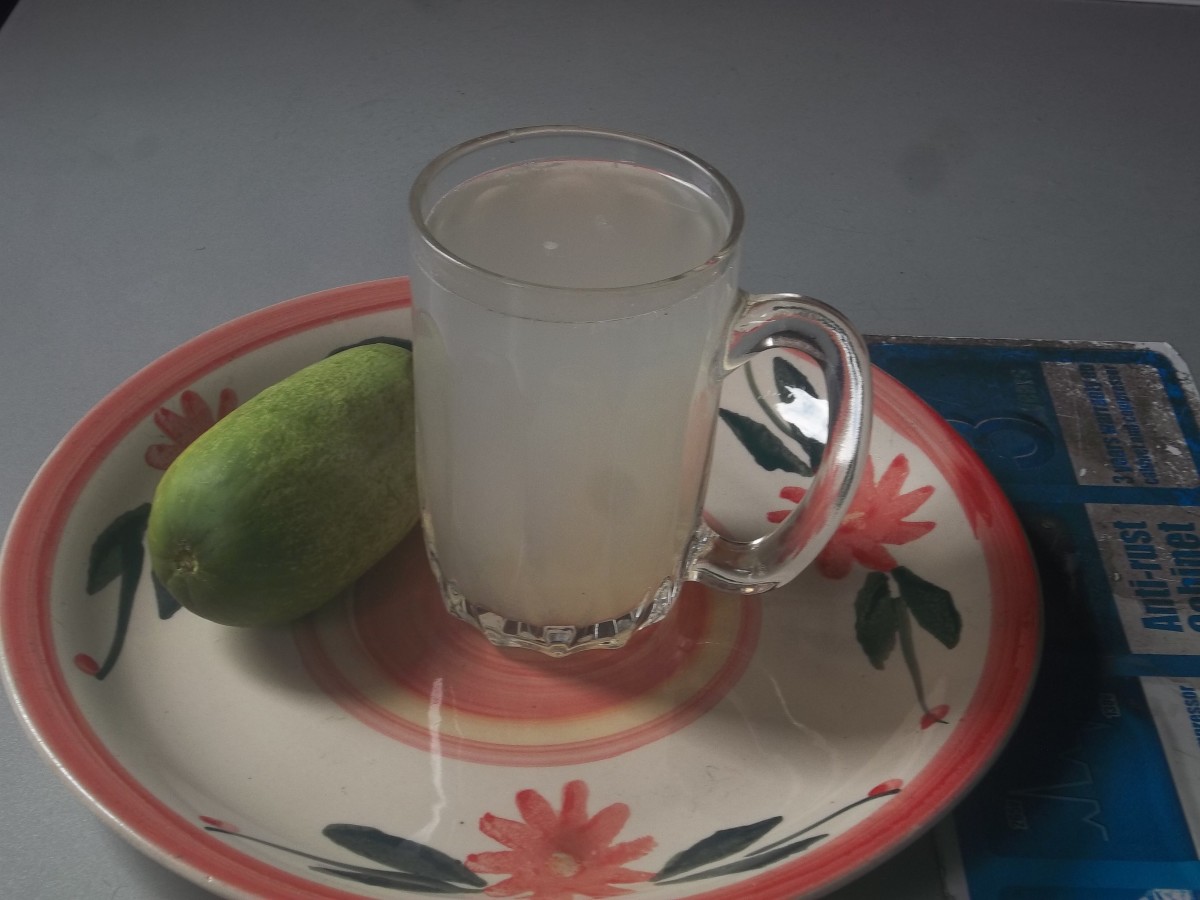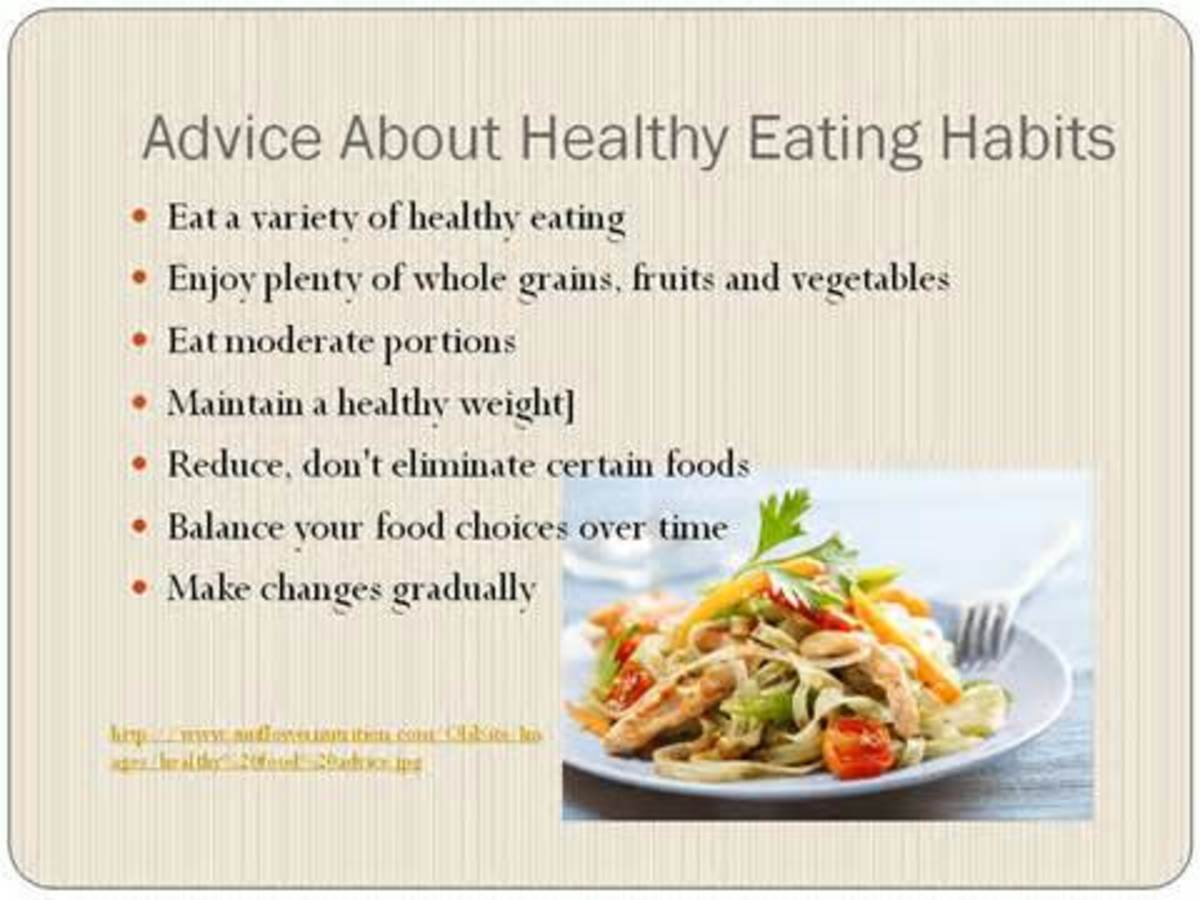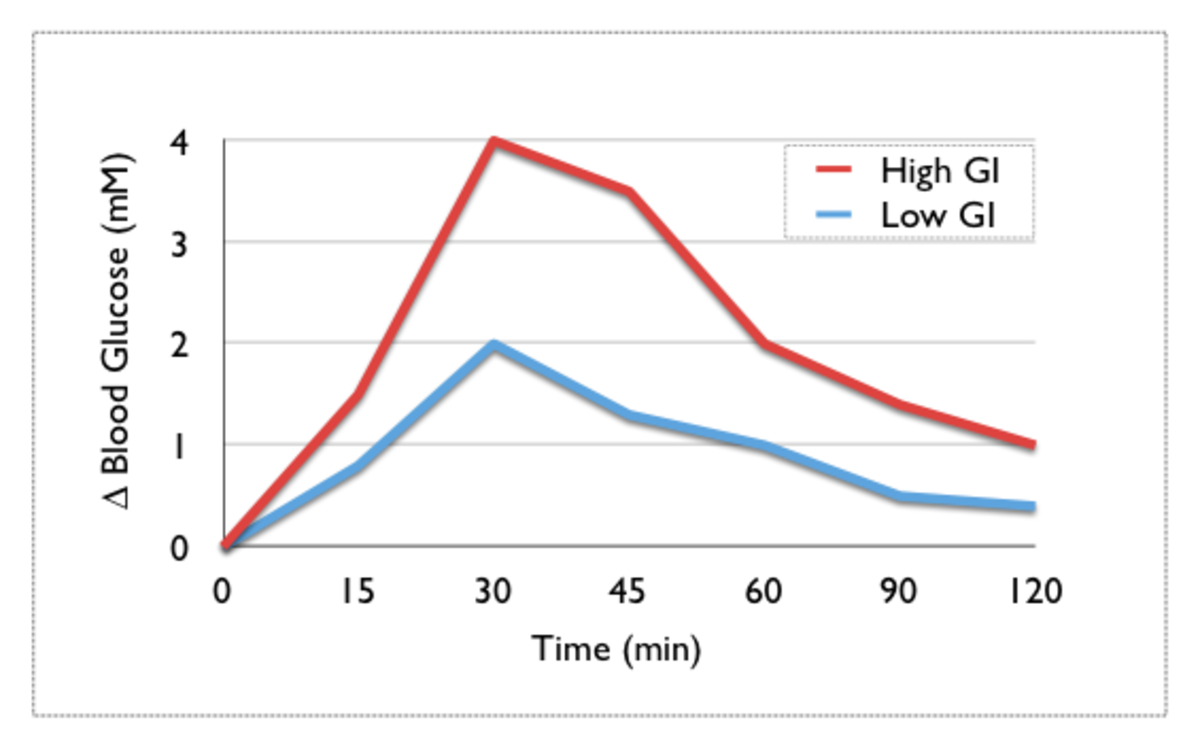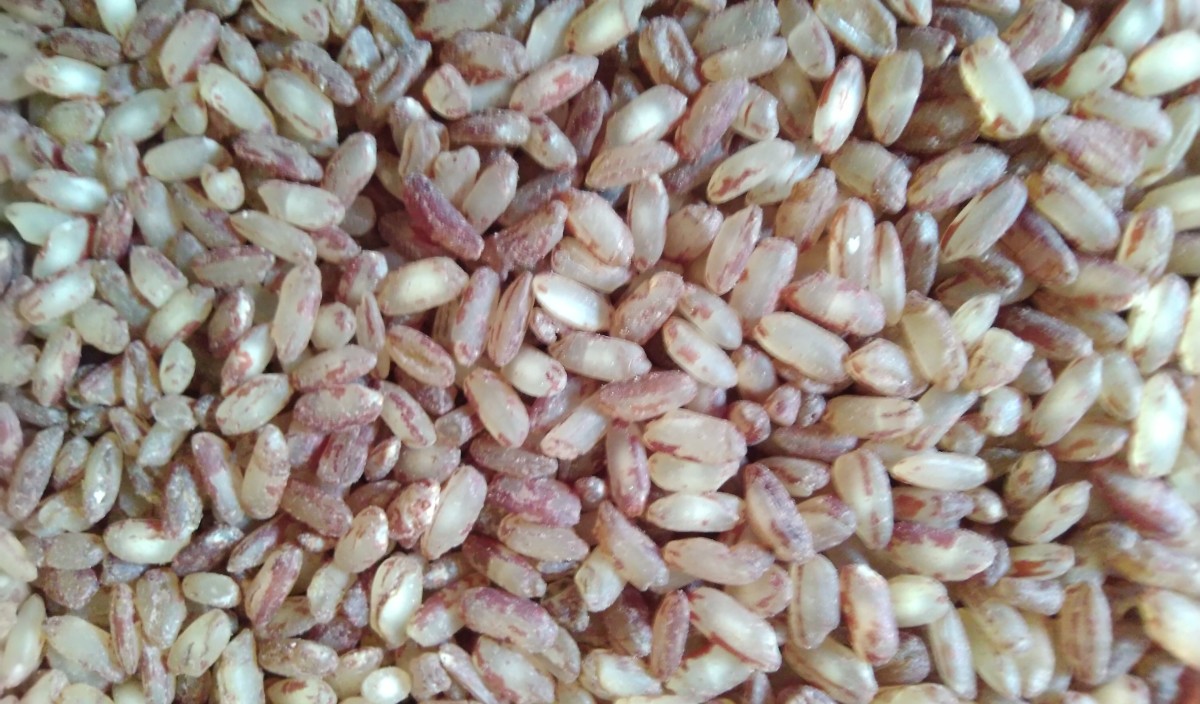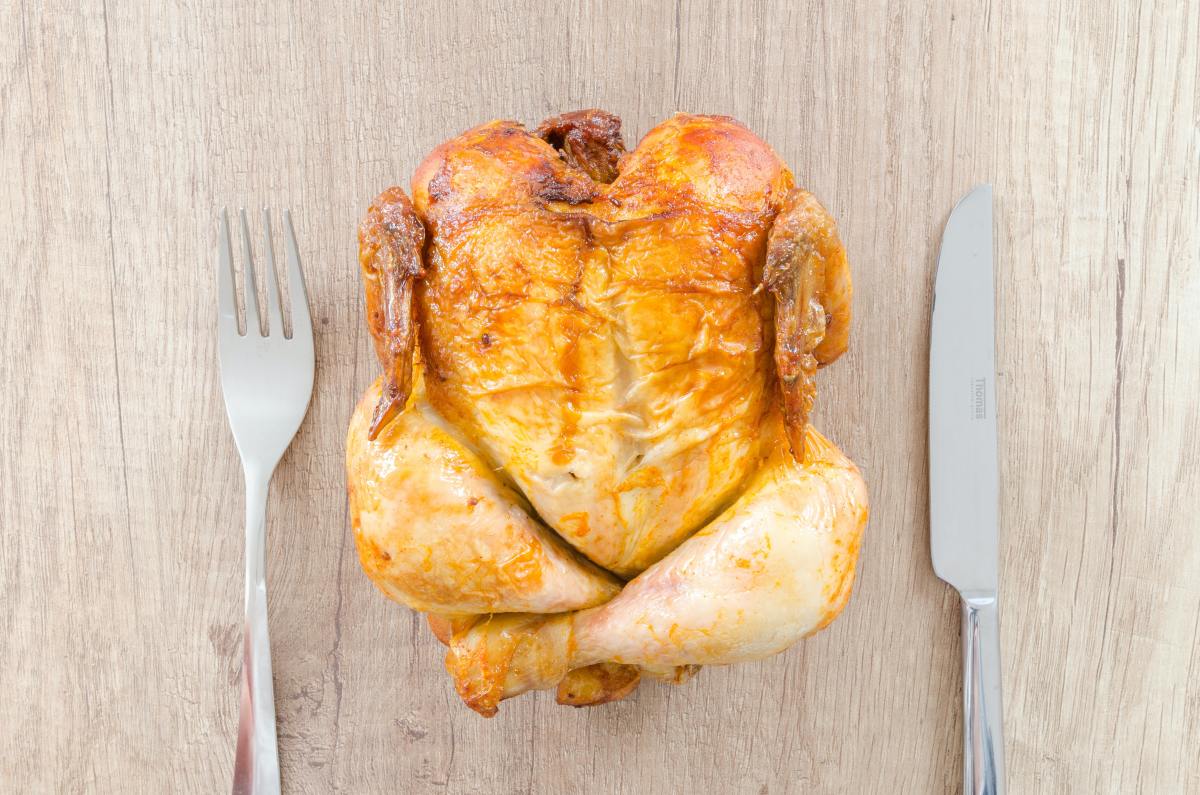Does Sugar Spoil? And Is It Really "bad" for you?
Sugar sources and types
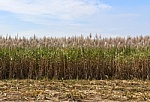
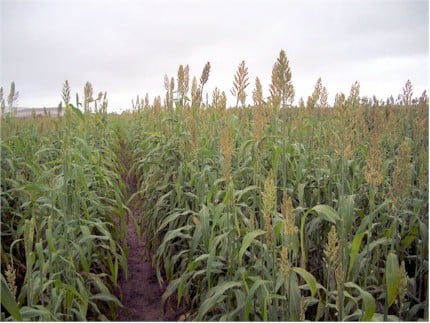
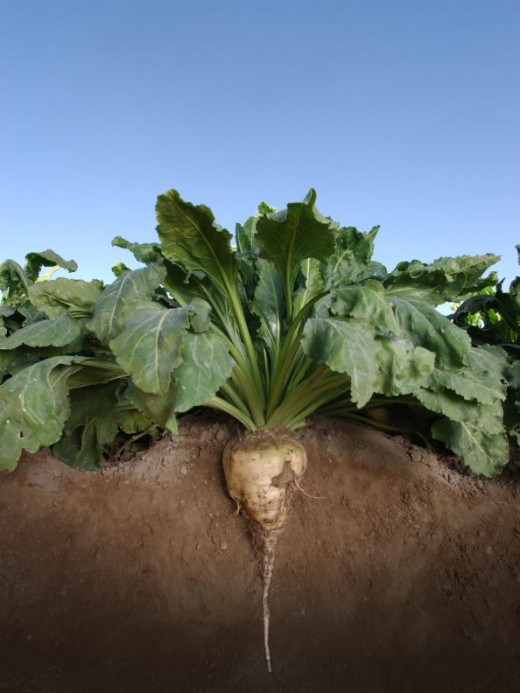

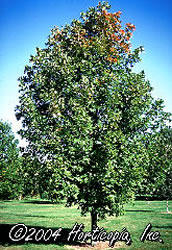
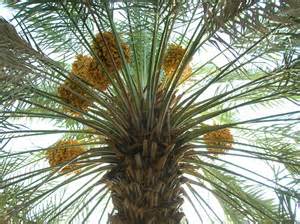
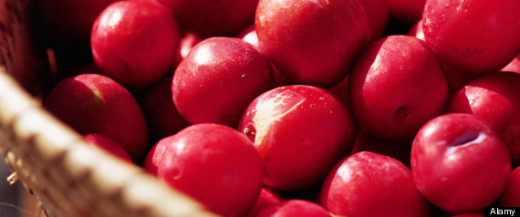

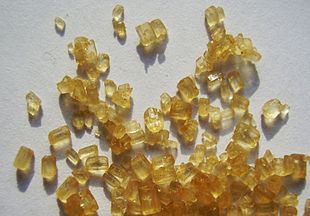
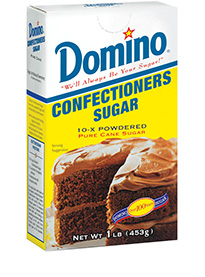
Does Sugar Spoil? Some interesting facts about Sugar and Carbohydrates. Are there really any "bad" foods for us to eat?
Sugar, also called sucrose, is a sweet crystalline food and flavoring.
Its chemical composition is:
- C/12...Carbon molecules
- H/22...Hydrogen molecules
- O/11...Oxygen molecules
Sucrose is a product of photosynthesis and makes up the main sugar in the sap of plants and is present in Honey, along with fructose and glucose.
Sucrose melts at 185 - 186 degrees Celsius to form barley sugar. When heated at 200 degrees Celsius it caramelizes.
The major sources of commercial sucrose are sugar cane and sugar beets.
The minor sources are maple trees, sugar palms (especially date palms), and sorghum (the sweet juices of the old world tropical grasses [similar to Indian corn] that are primarily in the stems of the plants).
Commercial grades of sugar range from large brown coffee crystals (popular in England and rarely found in the USA) to granulated sugar.
Powdered sugar (commonly known as icing sugar) is pulverized granules with an additive to prevent caking.
Cube Sugar is molded and pressed from granulated sugar, using sugar syrups for bonding the crystals.
Brown sugars (from light to dark in color) are merely white granulated sugars with varying degrees of molasses added to them.
An additional group of compounds belonging to the same group of Carbohydrates are termed "sugars" by chemists:
- corn sugar (glucose,dextrose);
- fruit sugar (fructose, levulose);
- milk sugar (lactose);
- and malt sugar (maltose).
Sugar cane, the major source of sugar, dates back to antiquity. It is a giant, thick, perennial grass, cultivated in tropical and subtropical regions world wide for its sweet sop (a major source of sugar and molasses).
Sugar is thought to have originated in New Guinea, then migrated to southeast Asia, India, and Polynesia.
Sugar beet is second to sugar cane as the major source of the world's sugar. It is grown in temperate or cold climates. The sugar is stored in the roots of the beets, instead of the stalks, as in sugar cane. Beet sugar is comparatively recent, while sugarcane dates back to antiquity. Sugar beet was grown as a vegetable, and for fodder, long before it was valued as a source of sugar. Sugar from beets was produced, as an experiment, in Germany in 1747 by the Chemist Andrea Marggraf, but the first beet sugar factory was built in 1802 in France.
Sugar does not spoil. While the sugar cane plant is susceptible to more than 60 diseases (none of them occur worldwide); varieties are bred to resist each type of disease. Extensive breeding programs have produced new varieties suitable to each of the major cane producing areas of the world. Asia produces the most of the world's sugar cane, followed by South America and then North America. It is a major commercial crop of Hawaii and is grown in the Southern U.S. (especially in Louisiana).
Although sugar will not spoil, it is susceptible to insects and caking and clumping if exposed to liquids, or high humidity. When stored in an air tight container in moderate temperatures it will last forever without losing any of its value.
The question of whether it is really "bad" for you is quite controversial, in that, it is a "natural" product and as with anything else we ingest as foods, moderation is key to their effects on our bodies and our health in general.
The song "...a teaspoon of sugar helps the medicine go down...", says it best. Everything we ingest is converted to carbohydrates (any of various neutral compounds of carbon, hydrogen and oxygen - as sugars, starches and cellulose from the plant family) and is converted to glucose which is the main fuel our bodies run on.
"Bad" foods are only bad when eaten in excessive, or as an exclusive diet, rather than in conjunction with the varieties of foods we need to provide all the basic essentials for a healthy body.
And the main rule to always keep in mind is to never eat more than our exercise regime can "use up" in any 24 hour period. This will always ensure that we maintain a healthy body and happy life style. So, if anyone tells you that natural sugar is bad for you, you can tell them with confidence that that statement is not really correct.
by: d.william 02/17/13

